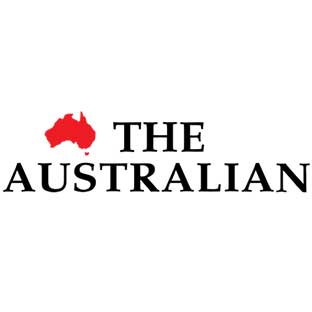Latest News

The Australian: 5 October, 2017
The Australian
By Sarah-Jane Tasker 5 October 2017
Patients Forced into Chemo:
No Funds for Breast Cancer Testing
Globally recognised technology that could spare thousands of Australian breast cancer patients from unnecessary chemotherapy will remain out of reach for many after the federal government refused to fund the expensive test.
The test, which provides a prognosis for early-stage breast cancer patients on the likelihood the cancer will recur, is reimbursed in the US, Canada, Britain and throughout Europe.
Specialised Therapeutics Australia has distributed the test here since 2014 at an out-of-pocket cost to patients of $4500, which it said was the lowest price available in the world.
More than 1000 Australian women and men diagnosed with breast cancer since 2014 have paid for the test, known as Oncotype DX.
Carlo Montagner, chief executive of Specialised Therapeutics, which applied to the government’s medical services advisory committee for reimbursement of the test, said he was “dismayed and frustrated” by the latest rejection, which followed four previous failed applications.
It is believed that between 900 and 2000 Australian patients a year would benefit from the test if it was government-funded. It is estimated that funding the test would cost the government about $3 million in the first year, rising to $6m five years later. The test distributor said, that allowing for chemotherapy and drug cost savings, the net financial impact to the federal health budget would be between $1.5m for the first year and $3.5m
a year at five years.
“It seems that in Australia, only the ‘haves’ of our society can benefit from this cutting-edge technology.
“What a pity, in this age of personalised medicine and especially at a time when the government has acknowledged a commitment to innovation,” Mr Montagner said.
He said his modelling showed that more than 250 Australian women every year, who could not afford to self-fund ODX, would endure unnecessary
chemotherapy without access to the test. The genetic test identifies breast cancer patients who could safely avoid chemotherapy by analysing the activity of specific cancer genes taken from a single sample of tumour tissue.
The advisory committee said it considered the incremental benefit of the ODX breast cancer testing over optimal care remained uncertain. It also found that uncertainty regarding the cost-effectiveness of ODX remained unresolved.
Jane O’Brien, a specialist breast surgeon at St Vincent’s Private Hospital Melbourne, said the decision was unjustified, given it expected ODX to be compared with “usual care”.
“The purpose of the test is to identify which women may be able to avoid chemotherapy,” Dr O’Brien said.
“Therefore you’re not expecting it to show better survival compared to usual care.
“What you’re aiming to do is to safely avoid toxic therapies in women who don’t need them.”
Dr O’Brien said it was clear the test could result in health savings, given the cost of ODX would be less expensive than six months of chemotherapy.



